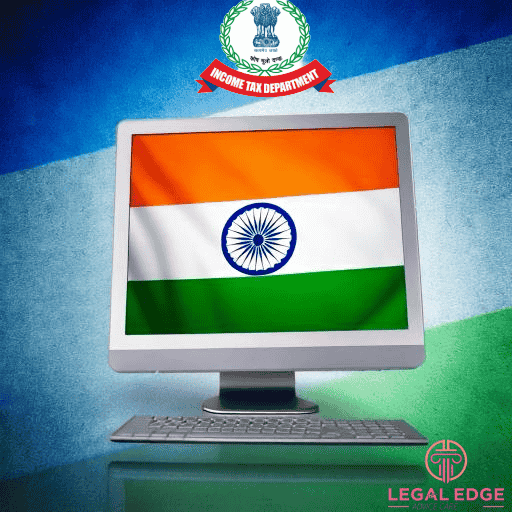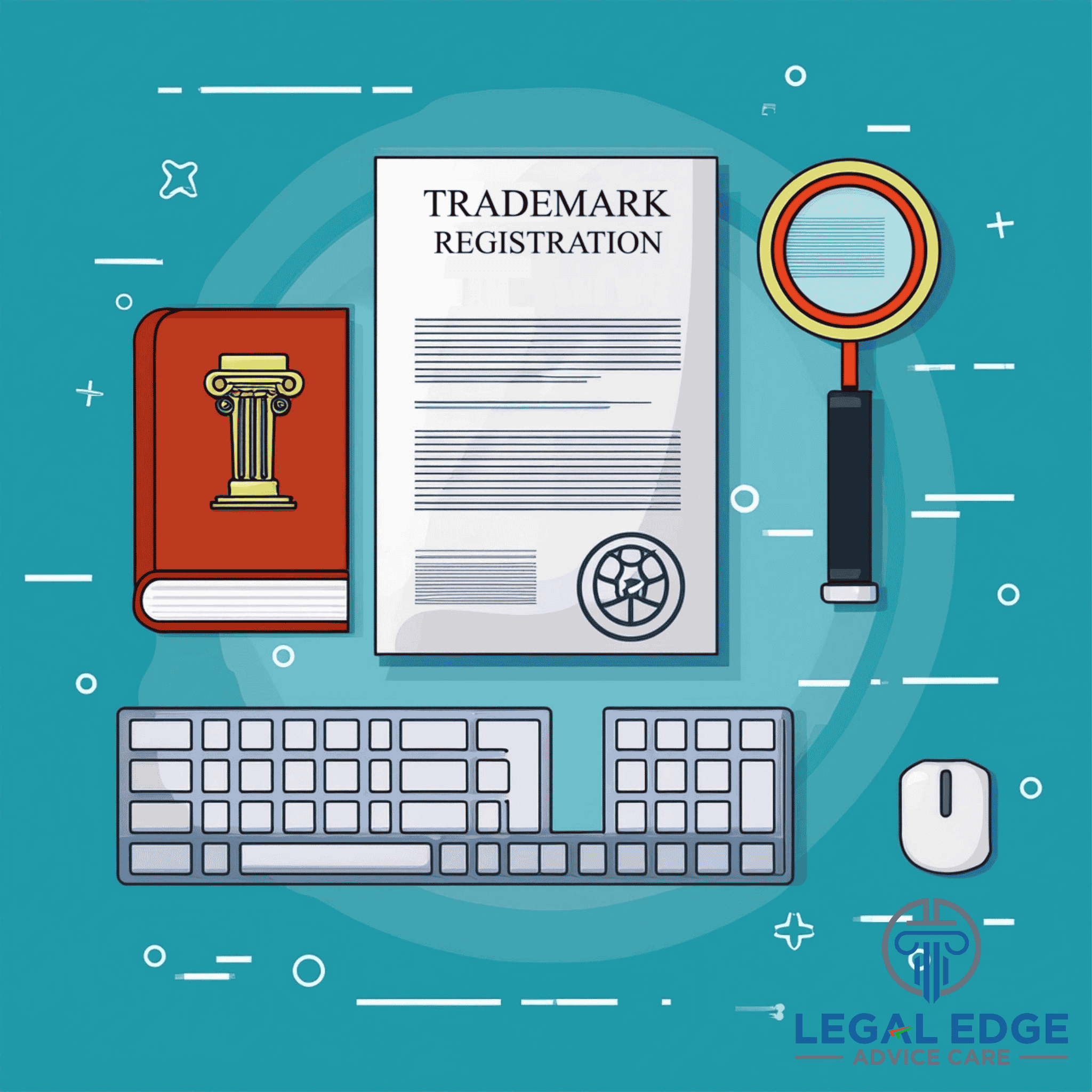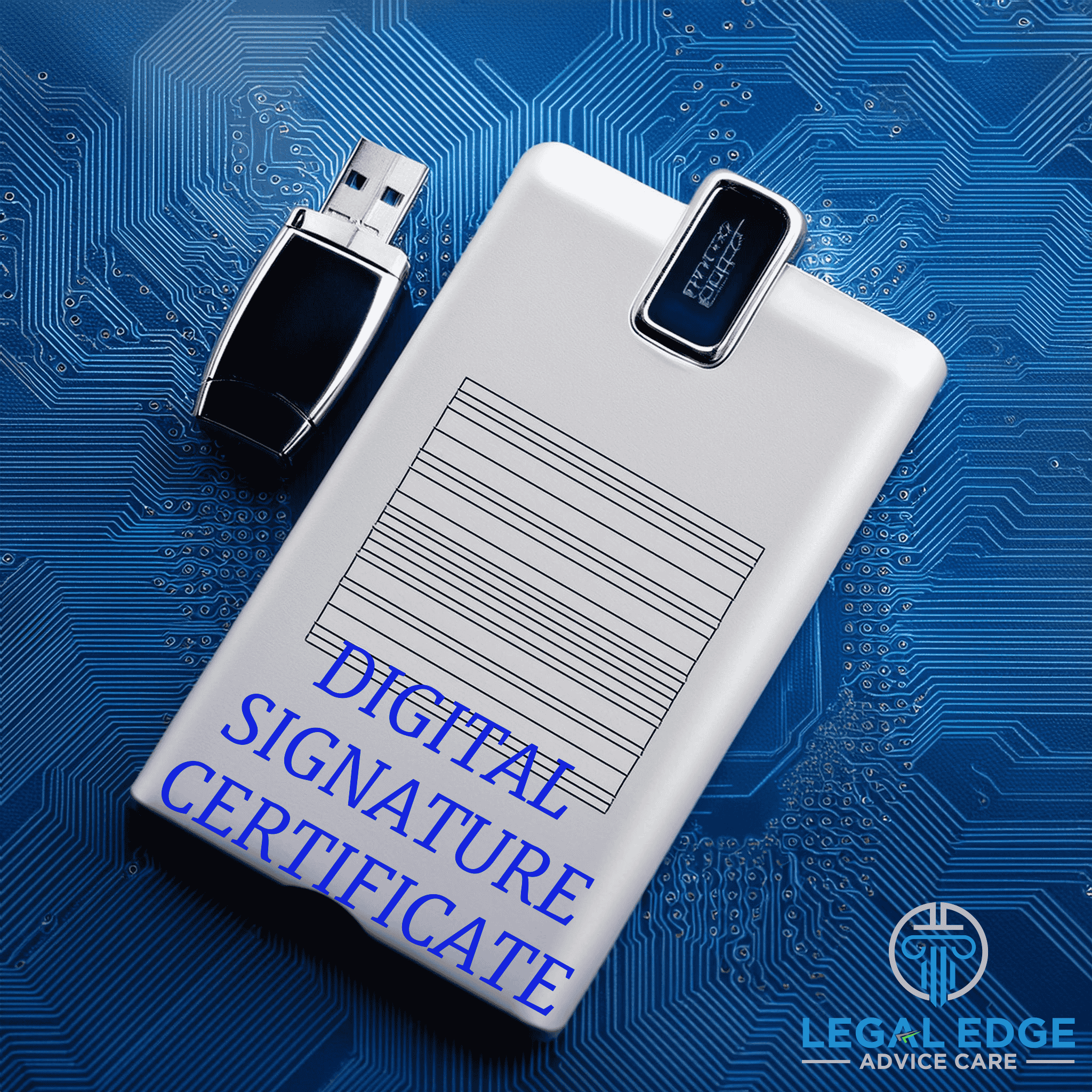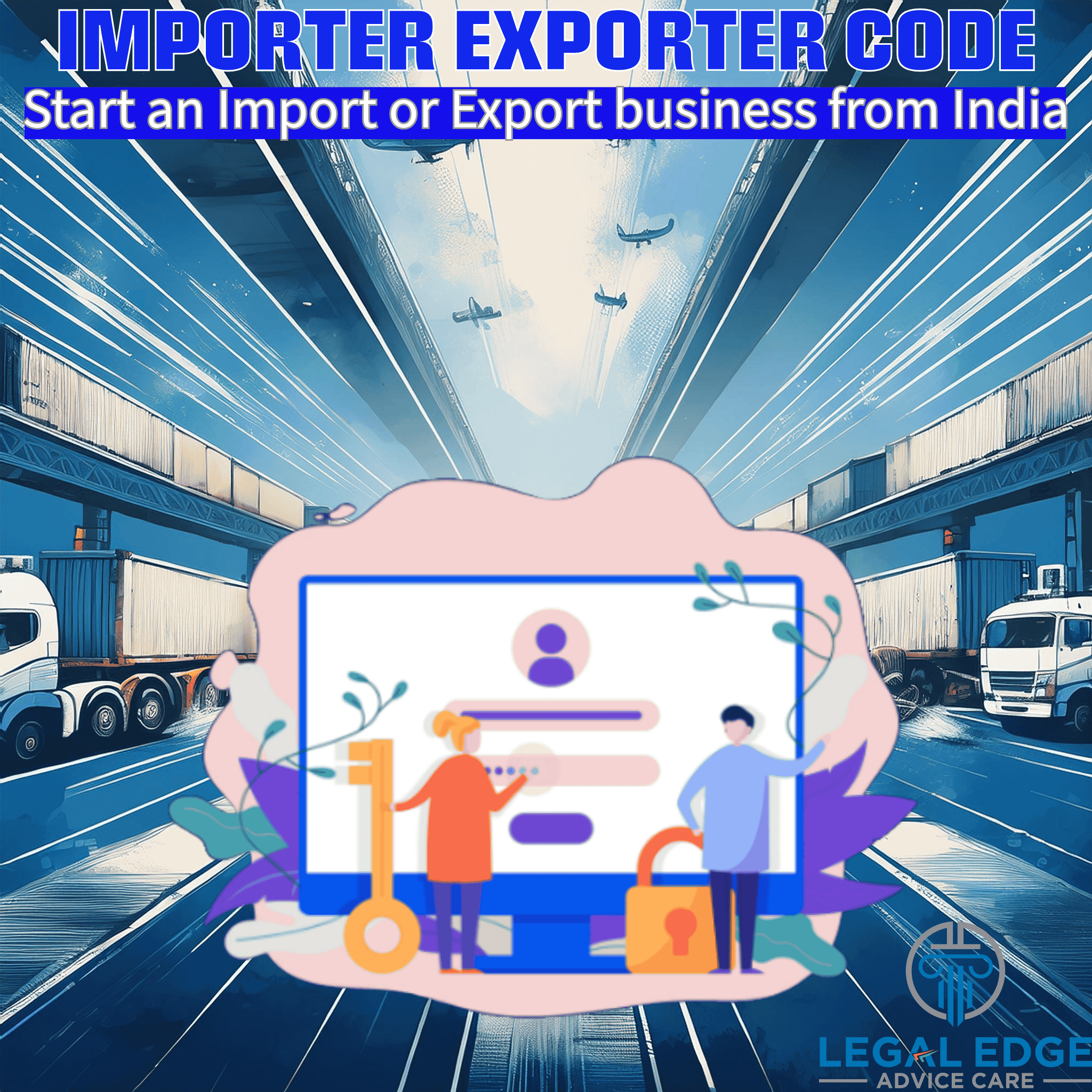

Documents Required
PAN CARD
AADHAR CARD
LLP Registration
Section 8 Company Registration
A Section 8 Company is a non-profit organization that aims to promote charitable activities, art, science, education, and sports. The profits of such companies are utilized for promoting these objectives and are not distributed among the Company's members.
At Leagel Edge Advice Care, we provide end-to-end services for registering Section 8 companies in India. Our team of experts offers hassle-free and professional services to help you establish a Section 8 company quickly and efficiently. Contact us today to avail of our professional services for registering your Section 8 Company in India.
Definition of Section 8 Company – Companies Act, 2013
According to the Companies Act 2013, a Section 8 company is defined as an organization whose objectives are to promote arts, commerce, science, research, education, sports, charity, social welfare, religion, environmental protection, or other similar activities goals. These entities utilize their profits to achieve their mission and do not distribute dividends to their shareholders.
Overview of Section 8 Company Registration
A Section 8 Company is a type of corporation established to promote non-profit activities, such as education, social welfare, environment preservation, arts, sports, charity, and more. This follows the provisions of the Companies Act 2013.
The essential purpose of registering a Section 8 Company is to encourage non-profitable goals, including but not limited to trade, arts, commerce, education, charity, environmental protection, sports research, and social welfare. To register a Section 8 Company, a minimum of two directors are required, and there is no requirement for a minimum paid-up capital to set up such a company.
Key Points about Section 8 Company
In India, Non-Governmental Organizations (NGOs) can be registered under the Registrar of Societies or as a non-profit entity under Section 8 Company of the Companies Act, 2013.
Profit generated by Section 8 Companies cannot be used for purposes other than charitable objectives and cannot be distributed among shareholders.
Section 8 Companies are similar to the erstwhile Section 25 Company under the Company Act 1956. As per the prevailing Company Act, these are now recognized as Section 8 Companies.
Section 8 Companies are required to comply with the provisions of the Companies Act 2013. They are mandated to maintain books of accounts, file returns with the Registrar of Companies (ROCs), and comply with GST and IT Act.
Any changes to the charter documents like the Articles of Association (AoA) and Memorandum of Association (MoA) require the government's consent.
Benefits of Opening a Section 8 Company in India
Incorporating a Section 8 company in India offers numerous advantages, some highlighted below.
Tax Exemption:Section 8 companies registered under section 12AA of the Income Tax Act are eligible for a 100% tax exemption, as they utilize their profits for charitable purposes. This is a significant benefit as the profits generated by such entities are non-taxable.
No Minimum Capital RequirementUnlike public limited companies, Section 8 entities do not have a minimum capital requirement. They can adjust their capital structure according to their growth, giving them more flexibility.
Separate Legal EntitySection 8 companies have a separate legal identity and perpetual existence, just like other registered companies. This increases their credibility and provides them with more autonomy and legal standing.
Increased CredibilitySection 8 companies are subject to strict legal compliance frameworks, enhancing their credibility regarding legal standing. Unlike NGOs and trusts, Section 8 entities follow stringent compliances post-registration, making them more trustworthy.
No Title RequiredSection 8 companies are free to choose a name that suits their liking during the registration process. Unlike other registered structures, they are not required to affix the term "Section 8" after their name.
A Section 8 company in India offers numerous benefits, including tax exemption, no minimum capital requirement, no need to pay stamp duty, separate legal identity, increased credibility, and no title required. These advantages make Section 8 companies attractive for entrepreneurs looking to start a business with a charitable or social cause.
Eligibility Criteria for Incorporation of the Section 8 Company
Specific eligibility criteria must be met to establish a Section 8 company in India.
These eligibility criteria ensure that the Section 8 Company operates to promote social welfare and contribute to the greater good of society.
Mandatory legal requirements for Section 8 Company
Before applying for the incorporation process of a Section 8 company in India, specific legal requisites must be fulfilled. These requirements are as follows:
Number of DirectorsA minimum of two directors is required if the Section 8 entity intends to operate as a private limited company. However, a minimum of three directors are required if the entity aims to operate as a public limited company.
Number of MembersIf the Section 8 Company aims to function as a private limited company, the number of members is capped at 200 by the Ministry of Corporate Affairs (MCA). However, there is no such limit for Section 8 entities with a business structure like a public limited company.
Capital Requirement and NameAccording to the Companies Act 2013, Section 8 entities are not required to maintain a minimum paid-up capital. Moreover, NGOs operating as Section 8 entities are not obligated to affix terms like private limited or limited in their name.
Company Objects
Only entities with non-profit objectives are eligible for Section 8 registration. The Memorandum of Association and Articles of Association must clearly state such goals for which the Company is established. Any profits the Section 8 entity generates must be utilized for charitable purposes or reinvested in the entity. The profit of Section 8 entities is not available to its members in any form. These legal requisites ensure that Section 8 companies operate with transparency and the intended purpose of promoting social welfare.
Documents Required for Section 8 Company Incorporation
The following documents are required to complete the incorporation process for a Section 8 company in India:
By providing these documents, you can ensure smooth and efficient Section 8 company incorporation processes.
Section 8 Company Incorporation Process
The process of incorporating Section 8 companies in India involves the following steps:
Donations/Funding of Section 8 Company
A Section 8 Company cannot collect capital through deposits but can accept donations from the public. Several methods are available to raise funds, such as foreign donations, equity funding, and domestic donations.
Streamlining Section 8 Company Registration with Leagel Edge Advice Care
Leagel Edge Advice Care is a trusted partner for entrepreneurs and organizations looking to obtain Section 8 company registration in India. With our expertise and seamless online platform, Leagel Edge Advice Care simplifies the complex process of registering a Section 8 company, ensuring that all legal formalities are met. Our dedicated team of professionals guides clients through the entire registration procedure, from documentation to approval, and helps you establish non-profit organizations that can work towards social welfare and charitable activities.
Proprietorship vs Limited Liability Partnership (LLP) vs Company
| Features | Proprietorship | Partnership | LLP | Company |
|---|---|---|---|---|
| Definition | Unregistered type of business entity managed by one single person |
A formal agreement between two or more parties to manage and operate a business |
A Limited Liability Partnership is a hybrid combination having features similar to a partnership firm and liabilities similar to a company. |
Registered type of entity with limited liability to the owners and shareholders |
| Ownership | Sole Ownership |
Min 2 Partners Max 50 Partners |
Min 2 Directors
Min 2 Shareholders
Max 15 Directors
Max 200 Shareholders
For One Person Company
1 Director
1 Nominee Director
|
|
| Registration Time | 7-9 working days |
|||
| Promoter Liability | Unlimited Liability |
Limited Liability |
||
| Documentation | MSME GST Registration |
Partnership Deed
|
LLP Deed Incorporation Certificate |
MOA
AOA
1 Incorporation Certificate
|
| Governance | - |
Under Partnership Act |
LLP Act, 2008 |
Under Companies Act,2013 |
| Transferability | Non Transferable |
Transferable if registered under ROF |
Transferable |
|
| Compliance Requirements | Income tax filing if turnover is more than Rs.2.5 lakhs |
ITR 5 |
Form 11
Form 8
ITR
|
ITR 6
MCA filing
Auditor'sappointment
Know More
|
Documents Required For Section 8 Company
A Non-Governmental Organization (NGO) is an organization that is independently established and operated, usually with a charitable, educational, religious, or social purpose. NGOs are usually non-profit and do not have a profit motive.
A Section 8 Company is a non-profit organization formed to promote commerce, art, science, sports, education, research, social welfare, religion, charity, protection of environment or any other such object. Section 8 companies are allowed to generate profit but they must use their profits for the purpose of achieving their goals and not for the benefit of its members.
No, you will not have to be present at our office or appear at any office for the registration of a Section 8 Company. All the documents can be scanned and sent through email to our office. Some documents will also have to be couriered to our office.
What are the documents required for registration?Identity proof and address proof are mandatory for all the proposed Directors of the Section 8 Company. PAN Card is mandatory for Indian Nationals. In addition, the landlord of the registered office premises must provide a No Objection Certificate for having the registered office in his/her premises and must submit his/her identity proof and address proof.
How long it will take to incorporate a Company?Leagel Edge Advice Care.com can incorporate a Section 8 Company for in 20-30 days. The time taken for registration will depend on the submission of relevant documents by the client and the speed of Government Approvals. To ensure speedy registration, please choose a unique name for your Company and ensure you have all the required documents prior to starting the registration process.
Once a Company is incorporated, it will be active and in existence as long as the annual compliances are met with regularly. In case, annual compliances are not complied with, the Company will become a Dormant Company and may be struck off from the register after a period of time. A struck-off Company can be revived for a period of up to 20 years.
A Digital Signature establishes the identity of the sender or signee electronically while filing documents through the Internet. The Ministry of Corporate Affairs (MCA) mandates that the Directors sign some of the application documents using their Digital Signature. Hence, a Digital Signature is required for all Directors of a proposed Section 8 Company.
What is the Director Identification Number?Director Identification Number is a unique identification number assigned to all existing and proposed Directors of a Company. It is mandatory for all present or proposed Directors to have a Director Identification Number. Director Identification Number never expires and a person can have only one Director Identification Number.
Can NRIs /Foreign Nationals be a Director in a Section 8 Company?Zero Late Fee Platform
Many small businesses pay lakhs in penalty every year to the Government for late filing various statutory returns. Such penalty or late fee paid is not tax deductible and is a drain on profitability. At Leagel Edge Advice Care, our mission is to provide the most affordable services to our customers and help them avoid all late fee.To achieve our mission - we have built enterprise grade technology to help you proactively know the upcoming compliance and avoid penalty.Checkout our compliance services below, talk to an Advisor and stop paying unwanted late fees..
Related Business Registrations
In addition to registration or incorporation, a business may require other registrations depending on the business activity undertaken. Talk to an Advisor to find out registrations your business may require post registration.














